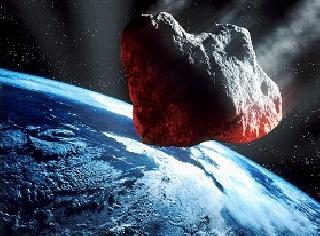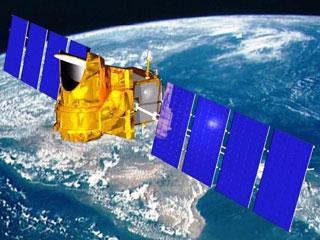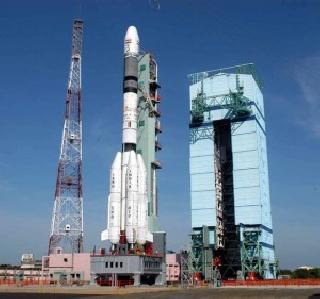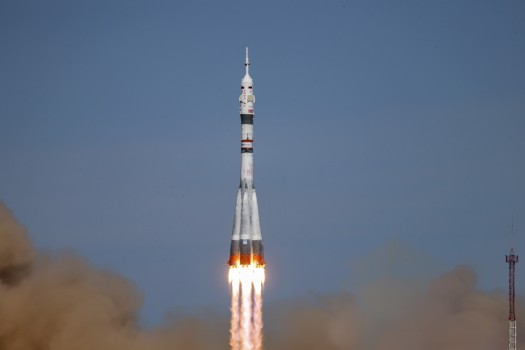
LONDON (PTI): Scientists have found a key chemical essential for life from meteorite fragments, a discovery they say strengthens the theory that life on Earth has come from outer space.
Researchers from the University of Leeds have found meteorite fragments contain a precursor to a key chemical that allows biological cells to capture energy from their surroundings.
They believe that debris from meteorites that hit the Earth billions of years ago may have combined with slightly acidic water on the planet to produce early forms of the compound.
This would then have allowed the first forms of cellular life to form and to use energy from their surroundings, the Daily Telegraph reported.
Astrobiologist Dr Terry Kee, who led the research, said: "There is strong scientific evidence that chemicals essential to life have been found in interstellar material such as meteorites,"
"Meteorites are fragments of some of the oldest materials in our solar system, and their composition can hold clues as to the appearance and environment of our own planet and what lived on it billions of years ago."
In their study, which will be presented to the British Science Festival on Wednesday, Dr Kee and his team found that when iron-based meteorites were dissolved in slightly acidic water, compounds called phosphates were formed.
After being subjected to heat of around 80 degrees, the phosphate compounds covert to pyrophosphate, which Dr Kee believes is a precursor of adenosine triphosphate (ATP) -- a molecule essential for respiration in cellular life forms.
ATP allows all living cells to convert the chemical energy stored in sugar so it can be used to drive processes in the cell.
According to the researchers, the high reactivity of pyrophosphate suggests that it fostered early chemical reactions in the acidic, warm pools that surrounded volcanoes.
"The application of acidic water and heat to the meteorites mimics the conditions of ancient planet earth's surface," said Dr Kee.
"If corroded by acid rain, the chemical pyrophosphate would be released from the meteorite into the earth itself.
This may suggest the origins of chemical cycles and cell formation on the early earth."
However, the researchers distanced themselves from NASA scientist Richard Hoover, who claimed to have discovered extraterrestrial microfossils in a collection of meteorites three times in the last 14 years.
Dr Kee said: "We're not attempting to prove the existence of extraterrestrial life forms as such; we are concentrating upon the origins of earth's chemical processes, and why they evolved into life forms as they did.
"We believe that life did not evolve independently. There is a very good chance that extraterrestrial materials provided the building blocks of life on earth."
 Previous Article
Previous Article Next Article
Next Article













The Indian Air Force, in its flight trials evaluation report submitted before the Defence Ministry l..
view articleAn insight into the Medium Multi-Role Combat Aircraft competition...
view articleSky enthusiasts can now spot the International Space Station (ISS) commanded by Indian-American astr..
view article